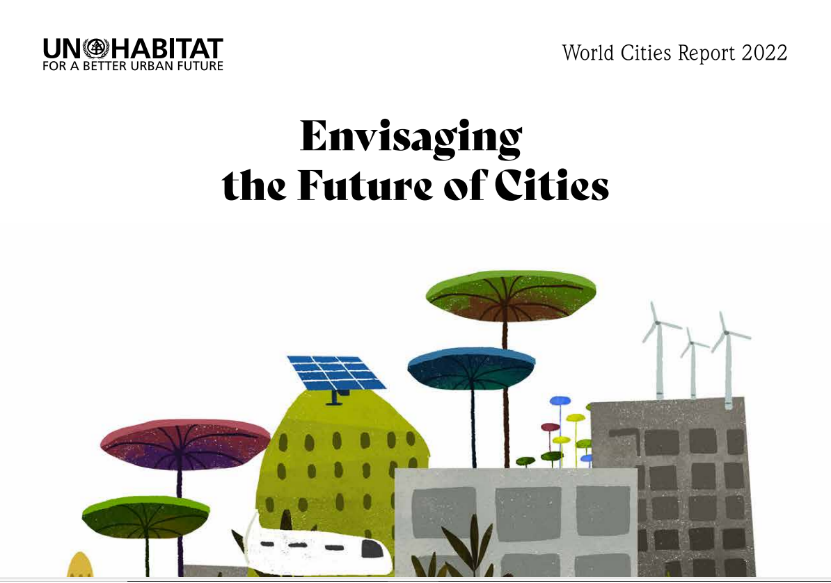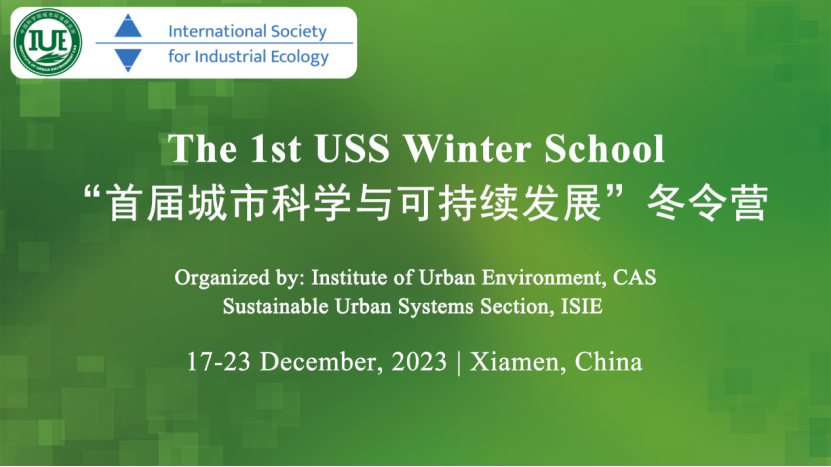The role of artificial intelligence in achieving the Sustainable Development Goals
Ricardo Vinuesa
16:00-17:30, Oct 15 2024, CST; 10:00-11:30, Oct 15 2024, CEST
Please register here.
Dr. Ricardo Vinuesa is an Associate Professor at the Department of Engineering Mechanics, KTH Royal Institute of Technology in Stockholm. He is also Lead Faculty at the KTH Climate Action Centre. He studied Mechanical Engineering at the Polytechnic University of Valencia (Spain), and he received his PhD in Mechanical and Aerospace Engineering from the Illinois Institute of Technology in Chicago. His research combines numerical simulations and data-driven methods to understand, control and predict complex wall-bounded turbulent flows, such as the boundary layers developing around wings and urban environments. Dr. Vinuesa has received, among others, an ERC Consolidator Grant, the TSFP Kasagi Award, the MST Emerging Leaders Award, the Goran Gustafsson Award for Young Researchers, the IIT Outstanding Young Alumnus Award, the SARES Young Researcher Award and he leads several large Horizon Europe projects. He is also a member of the Young Academy of Science of Spain.
Abstract
The emergence of artificial intelligence (AI) and its progressively wider impact on many sectors requires an assessment of its effect on the achievement of the Sustainable Development Goals. Using a consensus-based expert elicitation process, we find that AI can enable the accomplishment of 134 targets across all the goals, but it may also inhibit 59 targets. However, current research foci overlook important aspects. The fast development of AI needs to be supported by the necessary regulatory insight and oversight for AI-based technologies to enable sustainable development. Failure to do so could result in gaps in transparency, safety, and ethical standards.




